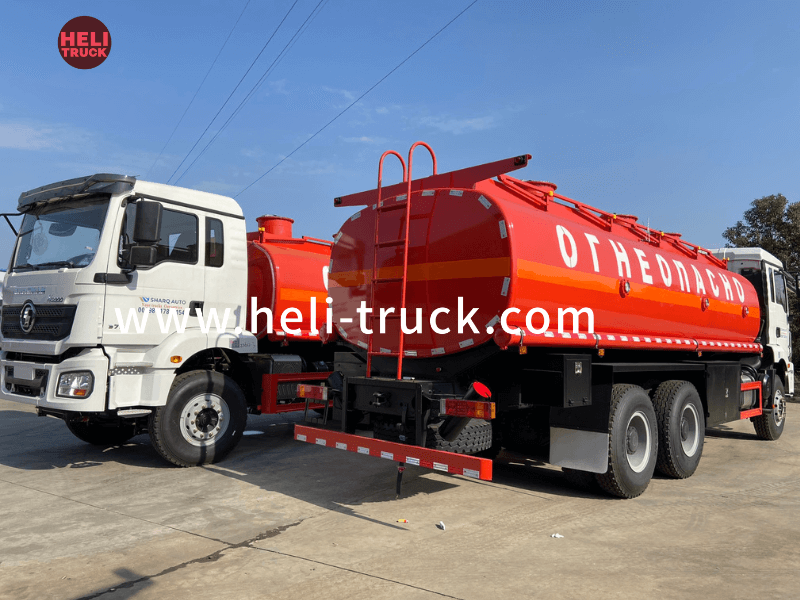Introduction
Garbage trucks have been a staple of waste management systems for decades, playing a crucial role in collecting and disposing of municipal solid waste (MSW) in urban and suburban areas. The evolution of garbage truck waste disposal technology has been a fascinating journey, marked by significant advancements aimed at improving efficiency, reducing environmental impact, and enhancing overall sustainability. This article provides a comprehensive review of the various technologies that have been developed and integrated into modern garbage trucks to address the challenges and demands of waste management in the 21st century.
Historical Overview of Garbage Truck Waste Disposal Technology
The history of garbage trucks dates back to the early 20th century when cities began to grapple with the increasing volume of waste generated by growing populations. The first garbage trucks were simple horse-drawn carts used to collect and transport waste to designated disposal sites. As urbanization accelerated and waste production surged, the need for more efficient waste disposal methods became apparent, leading to the development of motorized garbage trucks equipped with rudimentary compactors.
Over the years, technological advancements in waste management and vehicle design have revolutionized the way garbage trucks operate, making them more reliable, safer, and environmentally friendly. From the introduction of hydraulic compactors to the implementation of automated collection systems, the evolution of garbage truck waste disposal technology has been driven by a combination of regulatory requirements, operational efficiency goals, and environmental concerns.
Key Technologies in Modern Garbage Truck Waste Disposal
1. Hydraulic Compactors: One of the most significant innovations in garbage truck waste disposal technology is the hydraulic compactor. Hydraulic compactors use a hydraulic press to compress waste, reducing its volume and increasing the truck's capacity to carry more garbage. This technology has greatly improved the efficiency of waste collection and disposal, allowing garbage trucks to make fewer trips to landfills and reducing overall transportation costs.
2. Automated Collection Systems: Automated collection systems have revolutionized the way waste is collected in urban areas. These systems use robotic arms and sensors to lift, empty, and replace waste containers, eliminating the need for manual labor and reducing the risk of injuries to sanitation workers. Automated collection systems have also improved the accuracy and speed of waste collection, leading to more efficient and cost-effective waste management operations.
3. GPS Tracking and Route Optimization: Garbage trucks are now equipped with GPS tracking systems that allow operators to monitor the location and movement of vehicles in real-time. This technology enables waste management companies to optimize collection routes, reduce fuel consumption, and minimize travel time, ultimately improving operational efficiency and reducing environmental impact. By analyzing data collected from GPS tracking systems, companies can identify patterns and trends in waste generation, enabling them to tailor collection schedules and routes to meet specific needs.
4. Alternative Fuel Technologies: In response to growing concerns about air pollution and climate change, many garbage truck operators are transitioning to alternative fuel technologies to power their vehicles. Electric, natural gas, and hybrid garbage trucks are becoming increasingly popular due to their lower emissions, reduced operating costs, and improved energy efficiency. By adopting alternative fuel technologies, waste management companies can minimize their carbon footprint and contribute to a cleaner and more sustainable environment.
5. Waste Separation and Recycling Systems: Garbage trucks are now equipped with advanced waste separation and recycling systems that enable operators to segregate different types of waste at the source. By separating recyclable materials from general waste, garbage trucks can divert a significant amount of waste from landfills and promote recycling and resource recovery. These systems play a crucial role in promoting a circular economy and reducing the environmental impact of waste disposal.
Future Trends and Challenges in Garbage Truck Waste Disposal Technology
As technology continues to evolve and new innovations emerge, the future of garbage truck waste disposal technology is likely to be shaped by several key trends and challenges. One of the most pressing issues facing the waste management industry is the need to develop more sustainable and environmentally friendly waste disposal solutions. Garbage trucks are increasingly being designed to operate on renewable energy sources and incorporate advanced waste treatment technologies to minimize environmental impact.
Another important trend in garbage truck waste disposal technology is the integration of smart sensors and IoT (Internet of Things) devices to monitor and optimize waste collection processes. These technologies enable operators to track waste levels in containers, predict collection demand, and schedule pickups more efficiently. By leveraging data analytics and machine learning algorithms, waste management companies can improve route planning, reduce operational costs, and enhance overall service quality.
Despite the numerous technological advancements in garbage truck waste disposal, the industry still faces challenges related to waste management regulations, infrastructure limitations, and public awareness. Waste management regulations vary significantly across regions, making it challenging for companies to develop standardized waste disposal practices. Additionally, the lack of adequate waste treatment facilities and recycling infrastructure in many areas hinders efforts to achieve sustainable waste management goals.
Conclusion
The evolution of garbage truck waste disposal technology has transformed the waste management industry, enabling operators to collect, transport, and dispose of waste more efficiently and sustainably. From hydraulic compactors to automated collection systems, the technologies integrated into modern garbage trucks have revolutionized the way waste is managed in urban and suburban areas. As the industry continues to evolve, future advancements in alternative fuel technologies, waste separation systems, and IoT devices are expected to further enhance the efficiency and sustainability of garbage truck waste disposal operations.

By embracing innovation and adopting cutting-edge technologies, waste management companies can address the challenges of waste disposal in the 21st century and contribute to a cleaner and more sustainable environment for future generations. Fuel Tank Truck of garbage truck waste disposal technology is a testament to the industry's commitment to continuous improvement and environmental stewardship.
